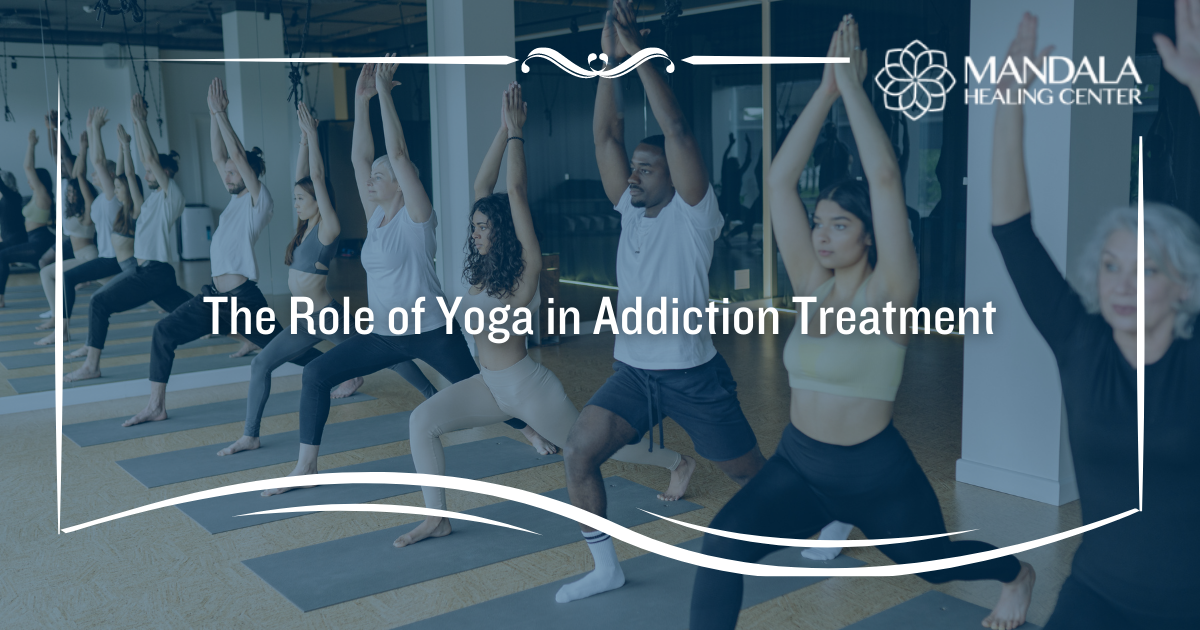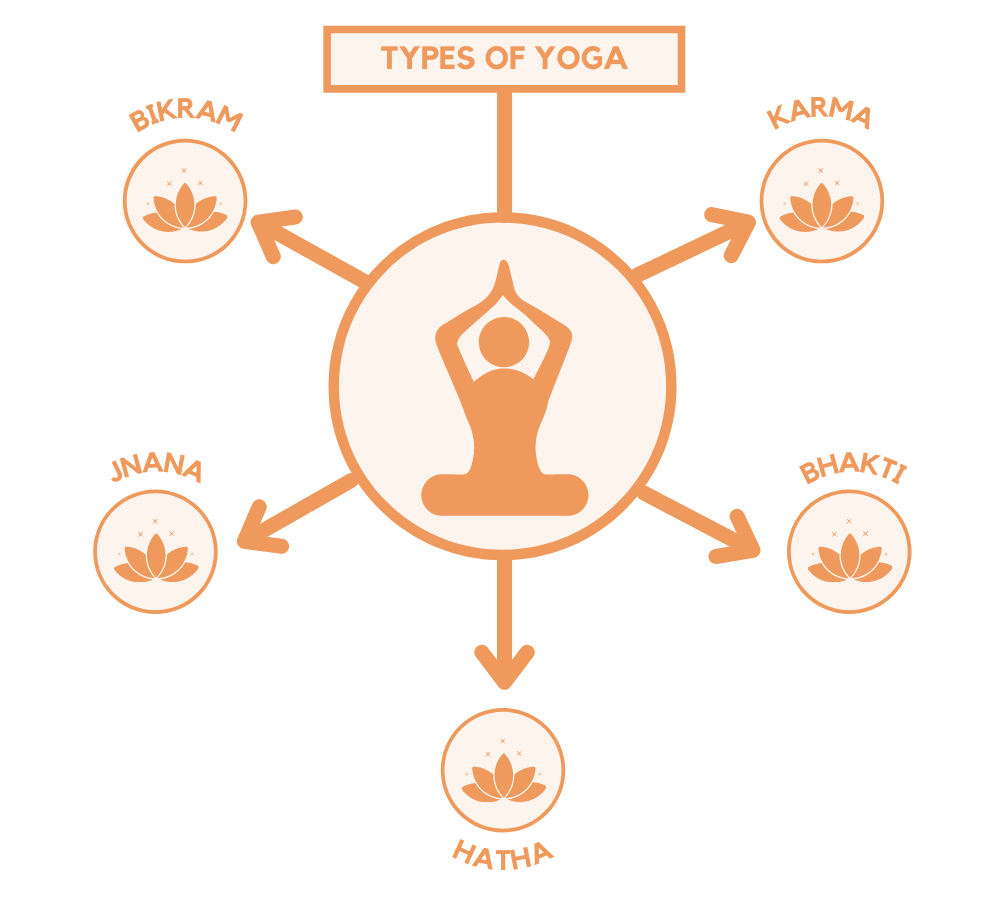Yoga is utilized during drug and alcohol rehabilitation as a holistic treatment method. It plays an important role in improving overall health in people struggling with addiction. Many people find it to be spiritually, mentally, and physically healing. This helps people overcome many issues that they face in early recovery and throughout the rest of their lives.
Many drug and alcohol rehabilitation treatment centers utilize yoga as a supplement to more traditional forms of therapy. It allows people to de-stress, which is incredibly important in addiction recovery. Yoga also plays other roles in addiction treatment.
How Does Yoga Help in Addiction Recovery?
Yoga helps people in addiction recovery throughout the entire process. It benefits people in early recovery as well as people further along in their sobriety journey. Yoga employs a combination of physical exercise and meditation, both of which help people recovering from drug and alcohol addiction.[1]
“The yogic view of addiction is that it is a separation from one’s true nature – a disconnection with the Self. Working through the subtle physical, emotional, mental, and spiritual levels of the body, patients begin to uncover the reasons for this separation and begin to transition towards wholeness once again.” – Mandala Healing Center
Physical exercise and meditation practices improve physical, spiritual, and mental health. This provides people in recovery with a tool to improve on all three of those important aspects of their health. Having good health overall reduces the rate of relapse in people on the journey to sobriety.
Types of Yoga
While yoga does provide a holistic benefit to health, there are different types of yoga that focus more heavily on different aspects of wellbeing. If an individual in recovery is struggling with a particular aspect of their health more than another, they can choose a yoga practice that is better suited to their individual needs.
Some of the different types of yoga include:
- Bikram – focuses heavily on physical exercise, it is also known as “hot yoga”.
- Karma – encourages people to reduce selfishness and ego.
- Hatha – includes both physical exercises through yoga postures and meditation. [2]
These forms of yoga utilize medication and physical exercise together. There are other forms of yoga that require little to no physical exercise and focus very heavily on meditation. These spiritually centered types of yoga are: [2,3]
- Jnana
- Bhakti
Some people may be drawn to one particular practice, while others might like to participate in multiple ones depending on what they are hoping to accomplish during their recovery.
Benefits of Using Yoga in Addiction Treatment
Yoga originally began as a practice that uses the mind in order to reduce suffering and increase feelings of wellbeing, like joy and contentedness.[2] Yoga focuses on improving mental health by reducing stress levels through meditation and physical exercise.
Stress is a direct contributor to alcohol and drug addiction and high levels of stress are correlated with a higher risk of relapse. Using yoga as a tool to destress makes the recovery process easier and reduces the risk of relapse.[1]
The meditative practice of yoga also encourages mindfulness. Mindfulness means that people are aware of emotions and behaviors as they come up. Practicing mindfulness in addiction recovery helps people to better identify and react to triggers throughout recovery and teaches healthy coping mechanisms.[1]
Yoga and Long-Term Addiction Recovery
Practicing yoga promotes improved physical and mental health. Both of these aspects are very important for long-term addiction recovery. Utilizing the meditative techniques of yoga helps people to have higher levels of mindfulness. This makes them more in tune with themselves throughout the recovery process.
People who take the time to get to know themselves through meditation and practicing mindfulness reduce their risk of relapse in the long run.[1] This is because they can identify factors that could contribute to a relapse, such as people, places, or things that trigger them to want to use drugs or alcohol. Yoga enables people to improve their mindfulness and mitigate the chances of picking up alcohol or drugs again.
Find a Holistic Addiction Treatment Program in West Palm Beach
It is important to look for a treatment center that has a holistic approach when pursuing addiction treatment in West Palm Beach, Florida. At Mandala Healing Center, we recognize how integral yoga is to the addiction treatment process. Early recovery is an incredibly stressful time in people’s lives and yoga is a useful tool to help reduce that stress and allow people space to heal.
People lose themselves while suffering the consequences that come with the disease of addiction. We work to reconnect people with their “true self” during their drug and alcohol rehabilitation in order to become whole again. Contact us today to begin your recovery journey.













